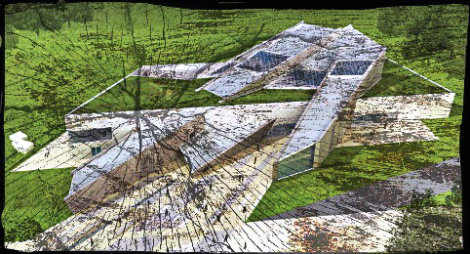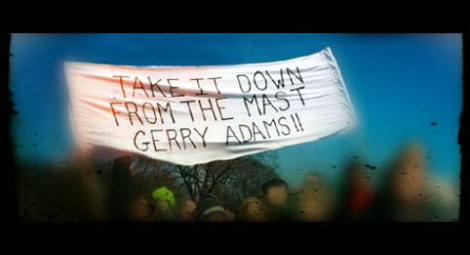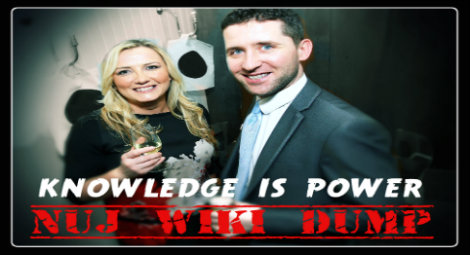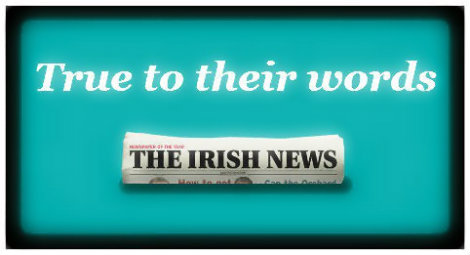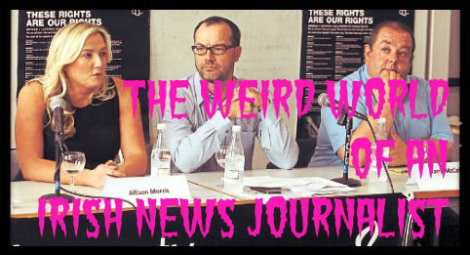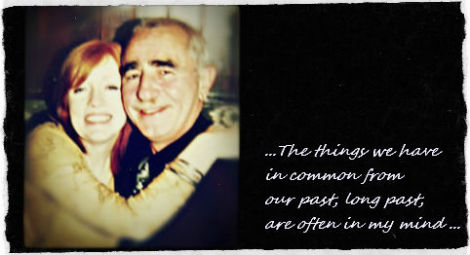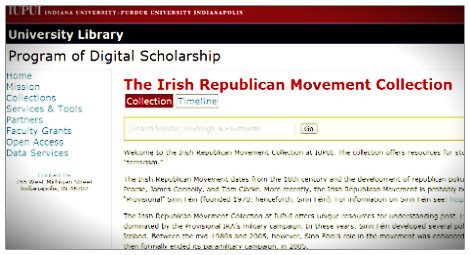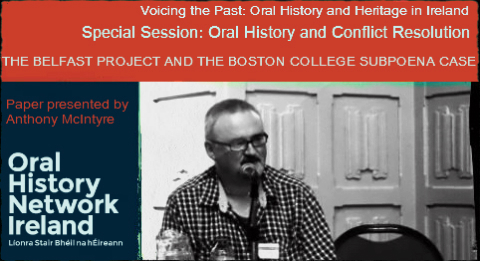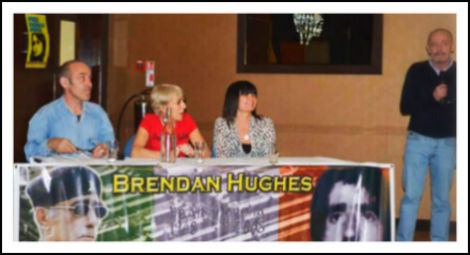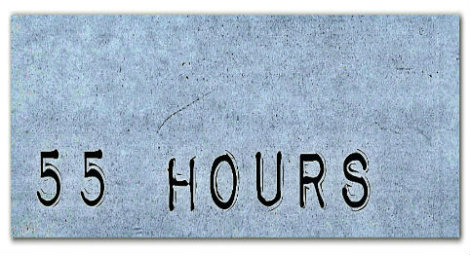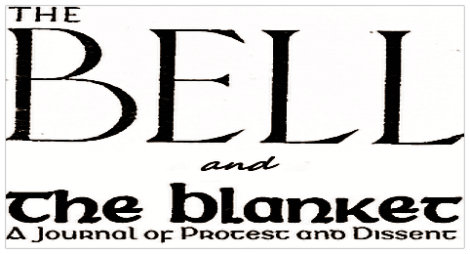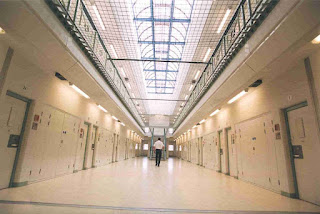It is hardly surprising that the above article produced reams of unfavourable comments. Hey, let's not rain on the peace process, threadbare as its explanatory power at times is, it is the only cover we have and we all must march under it; in step and in unity against ... well, all the people we accuse of being wicked and violent for not sharing in its mysteries. That covers anybody daring, in the interests of free inquiry, to allow the awkward squad to express their wicked views, the Guardian included. It too must me shamed and muzzled. The author of one comment suggested that the opinion piece was the most inflammatory journalism he or she had ever read. Perhaps, if their only reading amounts to what is printed on the daily bus ticket.
The 'regime of truth' that underlies the peace process has long proven unable to co-exist with a differing perspective. It has persistently sought to paint all republican critique into the corner of political violence where its authors can be shown through the lens of the peace process as bearing horns, big, long, sharp, blood drenched ones, ready to gore anyone who might approve peace. Demonic characters worthy not of engagement, just exorcism by those ordained in the peacehood.
Take Bethan Jenkins of Plaid Cymru, for example, hardly a cheerleader for armed republican groups. For her views she found herself in the dock facing her inquisitor, the British Labour Party shadow secretary of state for the North of Ireland, who lambasted her for seeking to destabilize the peace process. J'Accuse ... you of not thinking the way I think you should think. Unremitting and hyper-inflated guff, it amounts to nothing more than a censorious attempt to create a moral panic via which alternative discourses may be battered into silence and submission.













